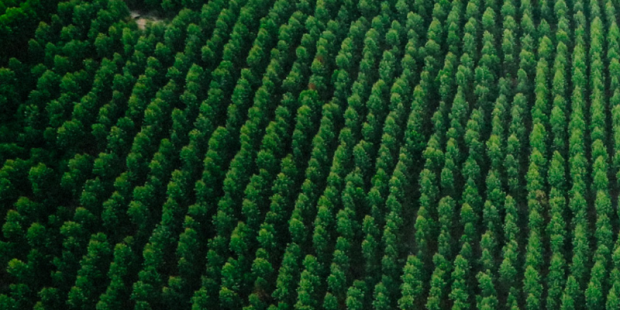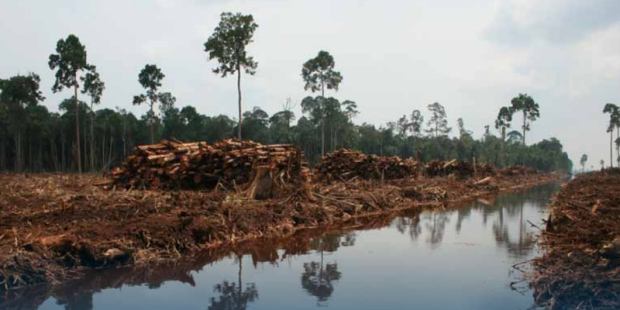By Chris Lang
At it’s General Assembly in Bali last week, FSC’s members voted to allow companies to be certified that have cleared forest to make way for industrial tree plantations between 1994 and 2000. In order to be certified, the company has to restore an area of forest equal to the area they destroyed. The cut-off date has now been moved to 2020. Any company converting forest to plantations after 2020 cannot be certified. Until FSC makes another decision to scrap its cut-off date, that is.
(more…)

